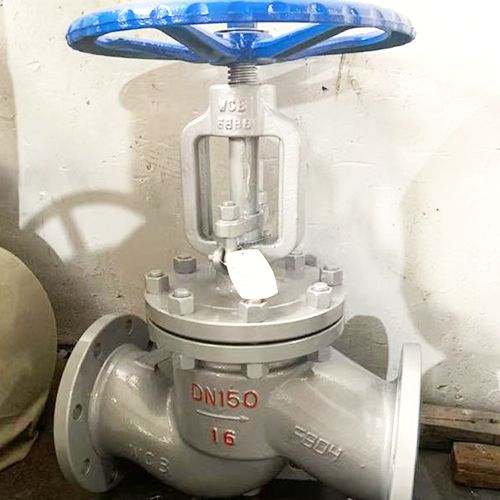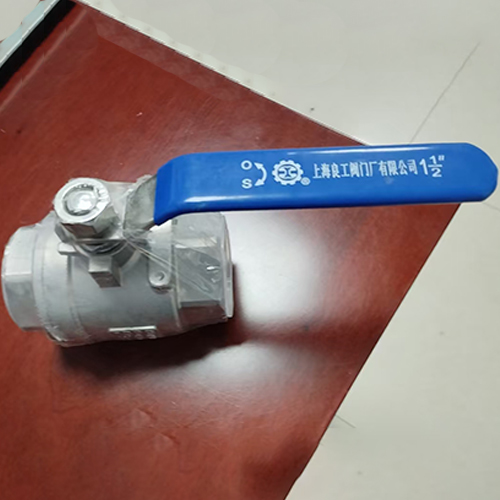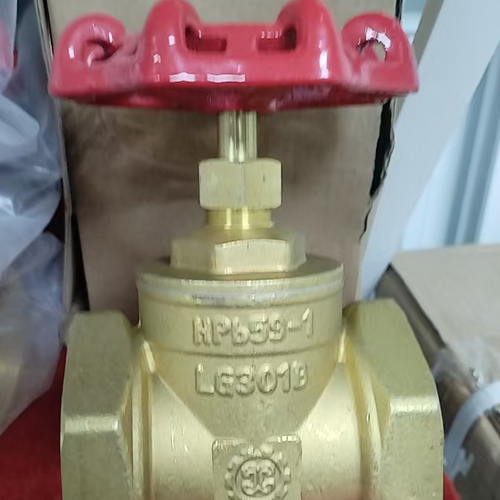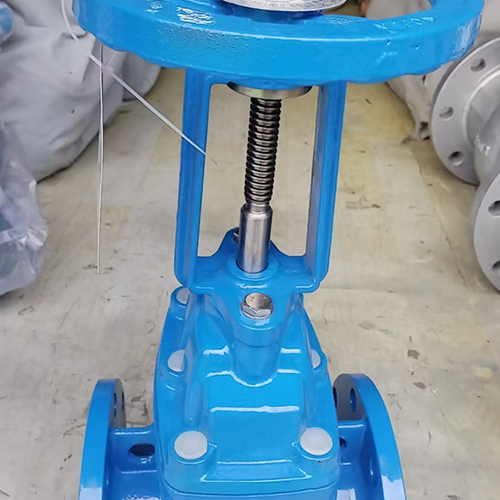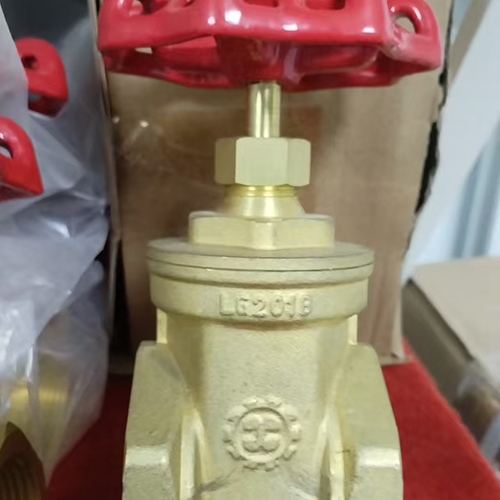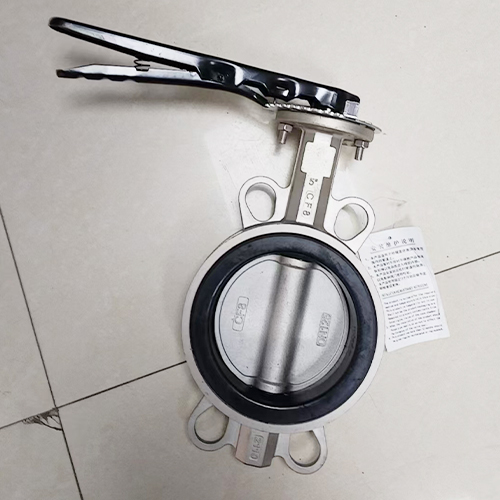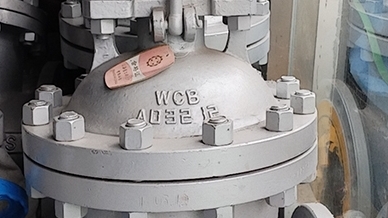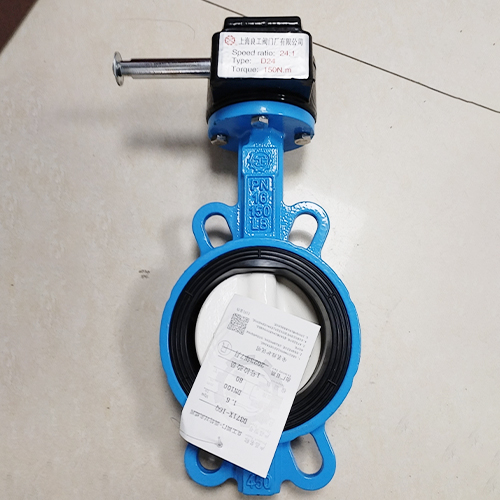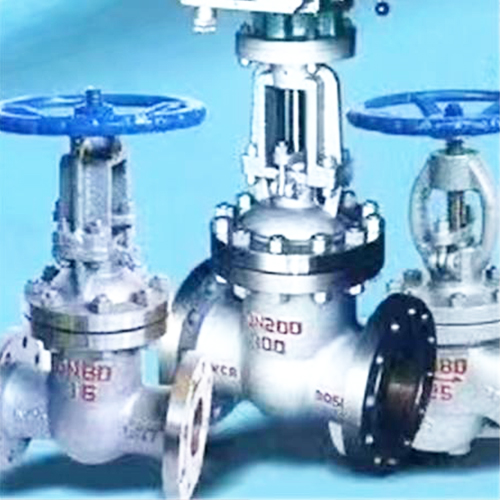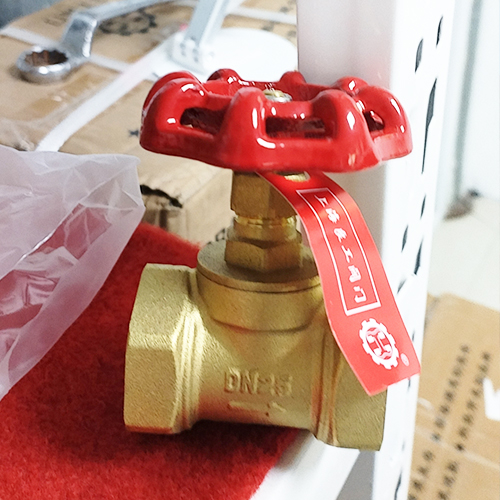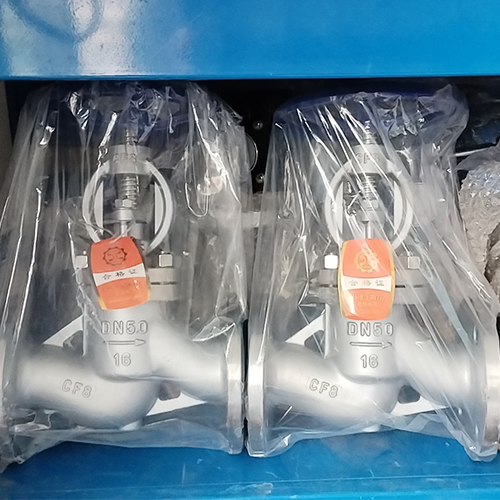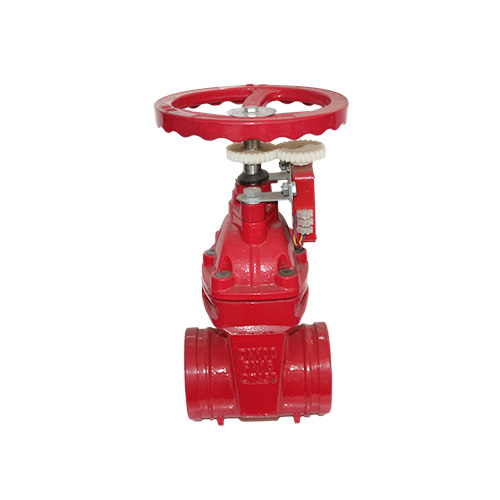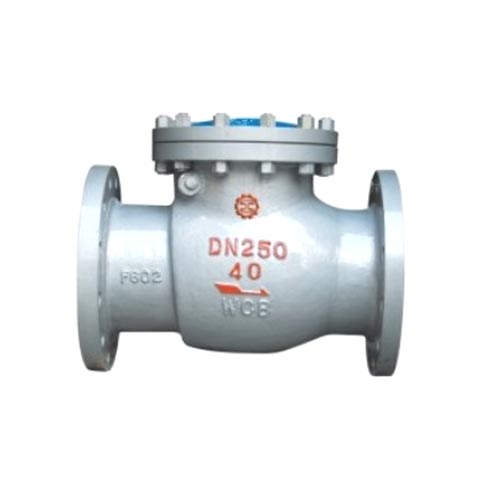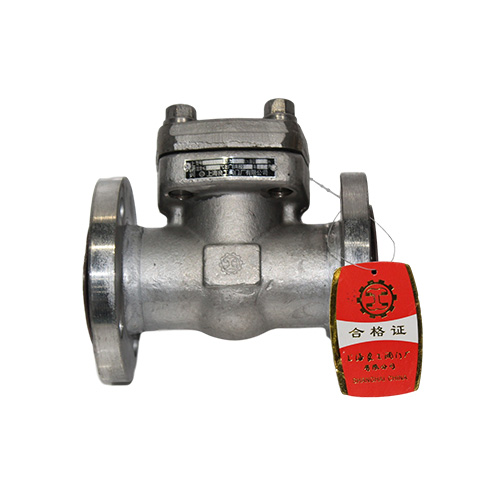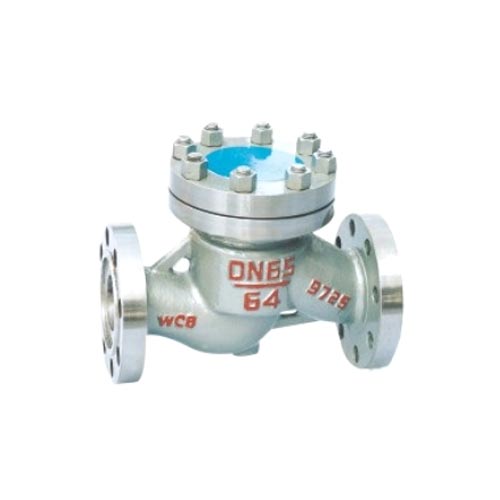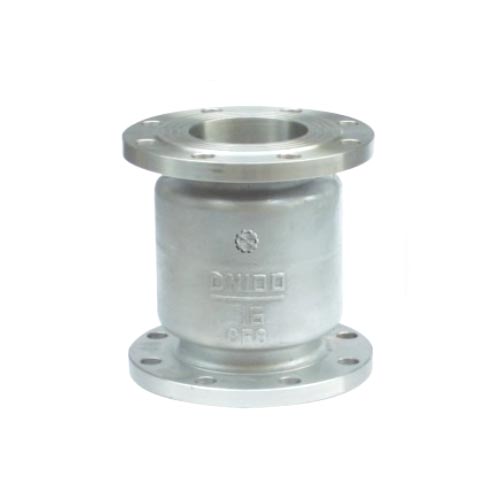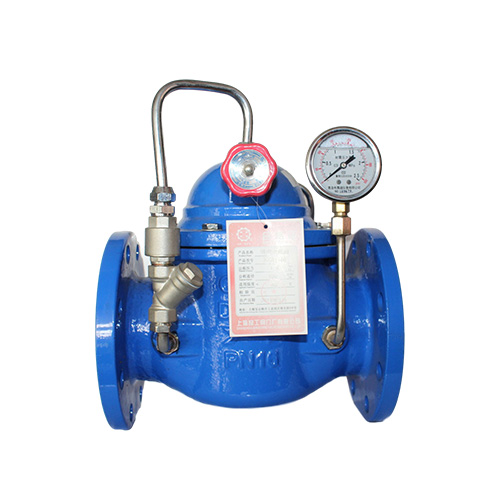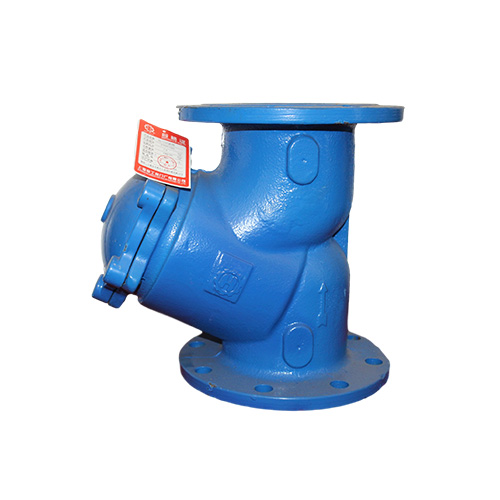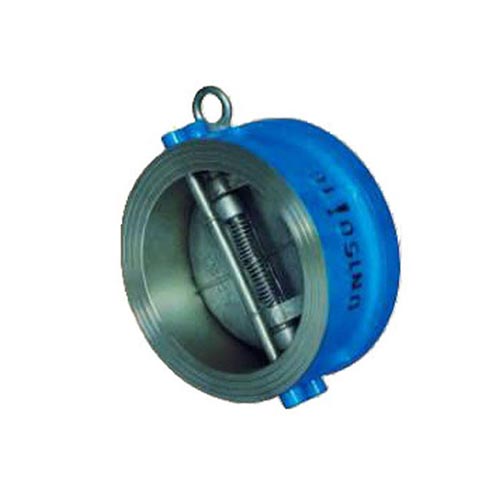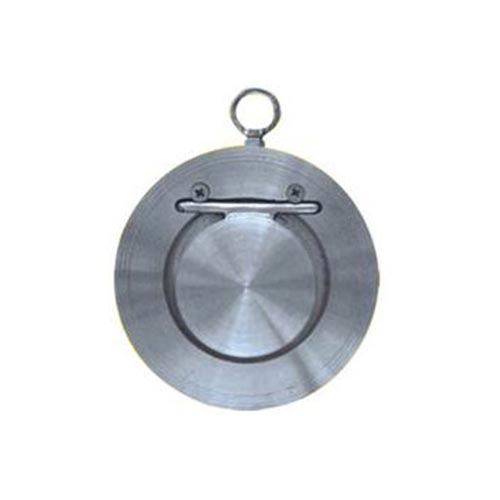閥門因其種類多、數量大,是工業系統裝置中主要泄漏源之一,閥門泄露不僅會造成資源的浪費,還可能對生活和生產帶來危險。在化工行業中,有毒、有害、易燃、易爆及腐蝕性介質的泄露可能嚴重威脅人身安全、財產安全和環境污染,因此對閥門的密封性要求至關重要。
Valves, due to their wide variety and large quantity, are one of the main sources of leakage in industrial system devices. Valve leakage not only causes waste of resources, but may also pose a danger to life and production. In the chemical industry, the leakage of toxic, harmful, flammable, explosive, and corrosive media may seriously threaten personal safety, property safety, and environmental pollution. Therefore, the sealing requirements for valves are crucial.
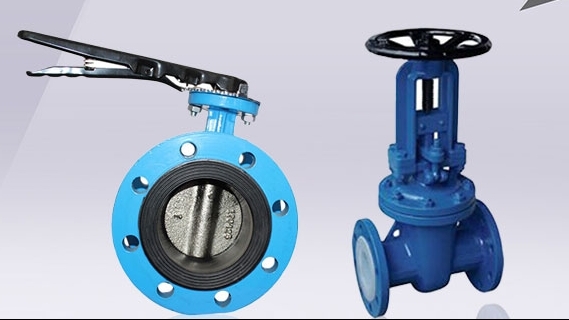
閥門密封性能是指閥門各密封部位阻止介質泄漏的能力。其位置主要可以分為三個關鍵部分:
Valve sealing performance refers to the ability of each sealing part of the valve to prevent medium leakage. Its location can be mainly divided into three key parts:
第一處:啟閉件與閥座兩密封面間的接觸處。這是閥門密封的主要位置,也是防止介質泄漏的第一道防線。啟閉件(如閥門門板)與閥座之間的接觸面,通過精確的加工和配合,形成緊密的密封結構。這一位置的泄漏被稱為“內漏”,它將影響閥門截斷介質的能力。
The first point is the contact area between the opening and closing components and the two sealing surfaces of the valve seat. This is the main location for valve sealing and also the first line of defense against medium leakage. The contact surface between the opening and closing components (such as valve door panels) and the valve seat forms a tight sealing structure through precise machining and fitting. The leakage at this location is called "internal leakage", which will affect the valve's ability to cut off the medium.
第二處:填料與閥桿和填料函的配合處。這是閥門的另一個重要密封位置,主要用于防止介質通過閥桿和填料函之間的間隙泄漏。填料(如石墨、聚四氟乙烯等)被填充在閥桿周圍,通過壓緊和變形,形成與閥桿和填料函之間的密封。這里的泄漏通常被稱為“外漏”,即介質從閥內泄漏到閥外。
The second part: the fitting between the packing and the valve stem and packing box. This is another important sealing position of the valve, mainly used to prevent medium leakage through the gap between the valve stem and the packing box. Fillers (such as graphite, polytetrafluoroethylene, etc.) are filled around the valve stem, and through compression and deformation, a seal is formed between the valve stem and the packing box. The leakage here is usually referred to as "external leakage", which means that the medium leaks from inside the valve to outside.
第三處:閥體與閥蓋的連接處。這是閥門的第三個密封位置,用于確保閥體和閥蓋之間的連接處不會發生泄漏。通常通過法蘭連接、螺紋連接或焊接等方式實現閥體與閥蓋的緊密連接。在這些連接處,可能會使用密封墊片、密封膠等輔助材料來增強密封效果。
The third point: the connection between the valve body and the valve cover. This is the third sealing position of the valve, used to ensure that there is no leakage at the connection between the valve body and the valve cover. The tight connection between the valve body and the valve cover is usually achieved through flange connection, threaded connection, or welding. At these connections, auxiliary materials such as sealing gaskets and sealants may be used to enhance the sealing effect.
閥門的密封形式,主要可以分為以下四類:
The sealing forms of valves can be mainly divided into the following four categories:
一、焊接密封
1、 Welding seal
焊接密封是利用焊接技術將閥門與管道連接起來,從而實現密封的目的。這種密封形式適用于小口徑、低壓力的管道系統,常見的焊縫形式有對接焊接和螺紋焊接兩種。對接焊接通常應用于高壓力或直徑較大的管道上,而螺紋焊接通常應用于低壓力或直徑較小的管道上。
Welding sealing is the use of welding technology to connect valves and pipelines, thereby achieving the purpose of sealing. This sealing form is suitable for small-diameter, low-pressure pipeline systems, and common weld forms include butt welding and threaded welding. Docking welding is usually applied to high-pressure or large-diameter pipelines, while threaded welding is usually applied to low-pressure or small-diameter pipelines.
二、壓力密封壓力密封是利用壓力將閥門與管道之間的間隙密封起來,通過密封面和密封面之間的相互擠壓以達到完全密封的效果。常見的壓力密封形式包括平面密封、錐面密封、球面密封、全金屬密封等。
2、 Pressure sealing is the use of pressure to seal the gap between a valve and a pipeline, achieving complete sealing through mutual compression between the sealing surfaces. Common forms of pressure seals include flat seals, conical seals, spherical seals, all metal seals, etc.
三、摩擦密封摩擦密封利用材料之間的摩擦力來阻止流體泄漏,是一種重要的密封形式之一。根據材料磨合方式的不同,摩擦密封又可以分為動密封和靜密封兩種。常見的摩擦密封形式包括填料密封、彈性密封、氣體密封、真空密封等。
3、 Friction sealing utilizes the frictional force between materials to prevent fluid leakage and is one of the important forms of sealing. According to the different ways of material running in, friction seals can be divided into two types: dynamic seals and static seals. Common forms of friction seals include packing seals, elastic seals, gas seals, vacuum seals, etc.
四、其他密封形式此外,還存在一些其他的密封形式,如邊界密封、界面密封、密碼鎖緊等。邊界密封是指在管道系統內外設置一個或多個密封環,將管道內的流體隔開來實現密封的目的。界面密封則是利用不
4、 In addition to other sealing forms, there are also some other sealing forms, such as boundary sealing, interface sealing, password locking, etc. Boundary sealing refers to setting one or more sealing rings inside and outside the pipeline system to isolate the fluid inside the pipeline and achieve the purpose of sealing. Interface sealing is not utilized
同介質之間的表面張力使得流體不發生滲透現象實現低壓力的密封。密碼鎖緊則是通過將密封界面上的兩個零部件咬合在一起,達到緊密拼合的效果。
The surface tension between the same medium prevents fluid infiltration and achieves low-pressure sealing. Password locking is achieved by interlocking two components on the sealed interface together to achieve a tight fitting effect.
除此之外,我們通常也會在說法上進行區分,如軟密封與硬密封,動密封與靜密封。
In addition, we usually make distinctions in terms of terminology, such as soft seals and hard seals, dynamic seals and static seals.
硬密封:密封副的兩側均是金屬材料或較硬的其它材料的被稱為“硬密封”。這種密封的密封性能較差,但耐高溫,抗磨損,機械性能好。如:鋼+鋼;鋼+銅;鋼+石墨;鋼+合金鋼。軟密封 :密封副的兩側一側是金屬材料,另一側是有彈性的非金屬材料的被稱為"軟密封”,這種密封的密封性能較好,但不耐高溫,易磨損,機械性較差。如 : 鋼+橡膠;鋼+四氟聚乙烯等。
Hard seal: A seal where both sides of the sealing pair are made of metal or other harder materials is called a "hard seal". This type of seal has poor sealing performance, but it is heat-resistant, wear-resistant, and has good mechanical properties. For example: steel+steel; Steel+copper; Steel+graphite; Steel+alloy steel. Soft seal: A sealing pair with metal material on one side and elastic non-metallic material on the other side is called a "soft seal". This type of seal has good sealing performance, but is not resistant to high temperatures, easy to wear, and has poor mechanical properties. Examples include steel+rubber, steel+PTFE, etc.
靜密封也稱固定密封,它是指被密封的組件間無相對運動的情況,通常靜密封是靠密封墊片來實現的。動密封也稱運動密封,它是指工作狀態下被密封組件同存在著相對運動的情況。其密封方法主要是采用填料函。填料函形式包括壓蓋式和壓緊螺母式,前者用得最多,后者壓緊力受限制,只使用于小閥門。
Static sealing, also known as fixed sealing, refers to the situation where there is no relative motion between the sealed components. Typically, static sealing is achieved through the use of sealing gaskets. Dynamic seal, also known as motion seal, refers to the situation where the sealed components are in relative motion during operation. The main sealing method is to use a stuffing box. The forms of stuffing boxes include gland type and compression nut type, with the former being the most commonly used and the latter being limited in compression force and only used for small valves.
本文由良工閥門友情奉獻.更多有關的知識請點擊:http://m.szgotta.com.cn/真誠的態度.為您提供為的服務.更多有關的知識我們將會陸續向大家奉獻.敬請期待.
This article is a friendly contribution from Lianggong Valve. For more related knowledge, please click: http://m.szgotta.com.cn/ Sincere attitude. We provide you with excellent service. We will gradually contribute more knowledge to you. Please stay tuned
 企業公告:
企業公告:


